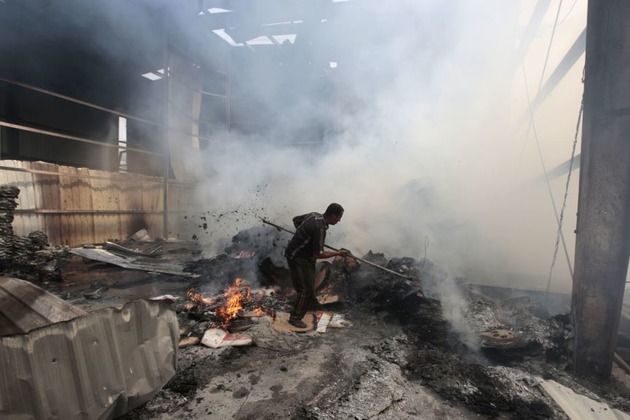Have we ever had a worse fool for a president?
Last February, he called ISIS the Junior Varsity, and today, he is asking for authority to wage war on it on the stated ground that it constitutes a threat to our national security.
Just last September, he called Yemen one of his two great foreign policy successes, and today, we are evacuating our Embassy.
19% of the Folks approve of his foreign policy.
Who are these 19%?
I think New York and California and the Mental Institutions have been over-polled.
Last February, he called ISIS the Junior Varsity, and today, he is asking for authority to wage war on it on the stated ground that it constitutes a threat to our national security.
Just last September, he called Yemen one of his two great foreign policy successes, and today, we are evacuating our Embassy.
19% of the Folks approve of his foreign policy.
Who are these 19%?
I think New York and California and the Mental Institutions have been over-polled.
Last edited:




